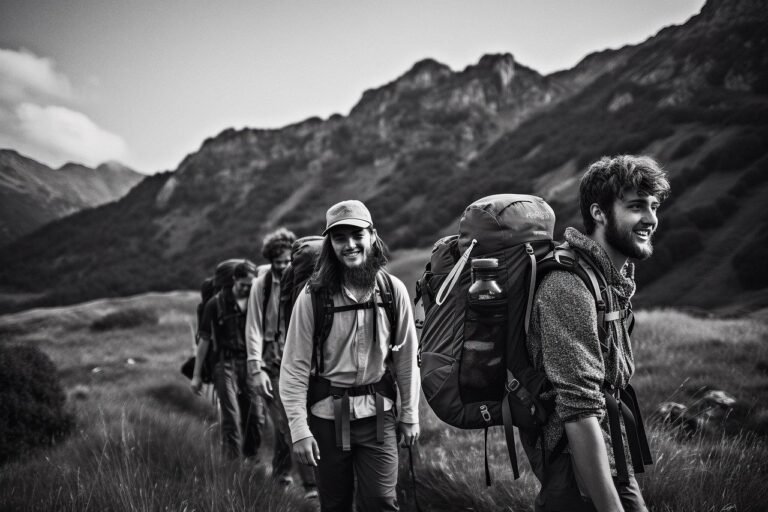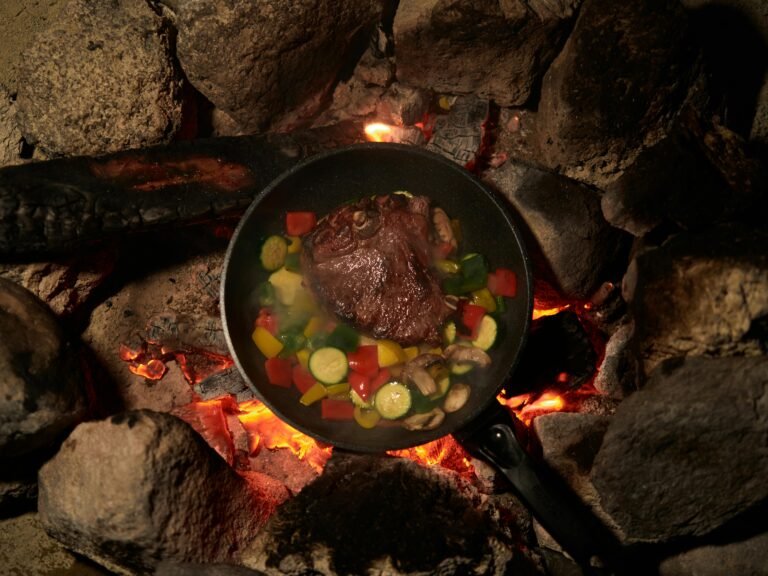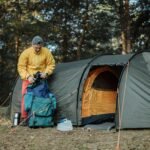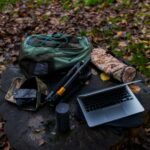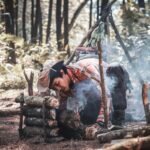When venturing into the wilderness, the ability to survive in nature is more than just useful—it can be life-saving. Whether you’re an experienced outdoor enthusiast or a novice camper, knowing essential survival and wilderness skills is crucial for any adventure. This guide will cover the key skills you need to not just survive but thrive in the wild.
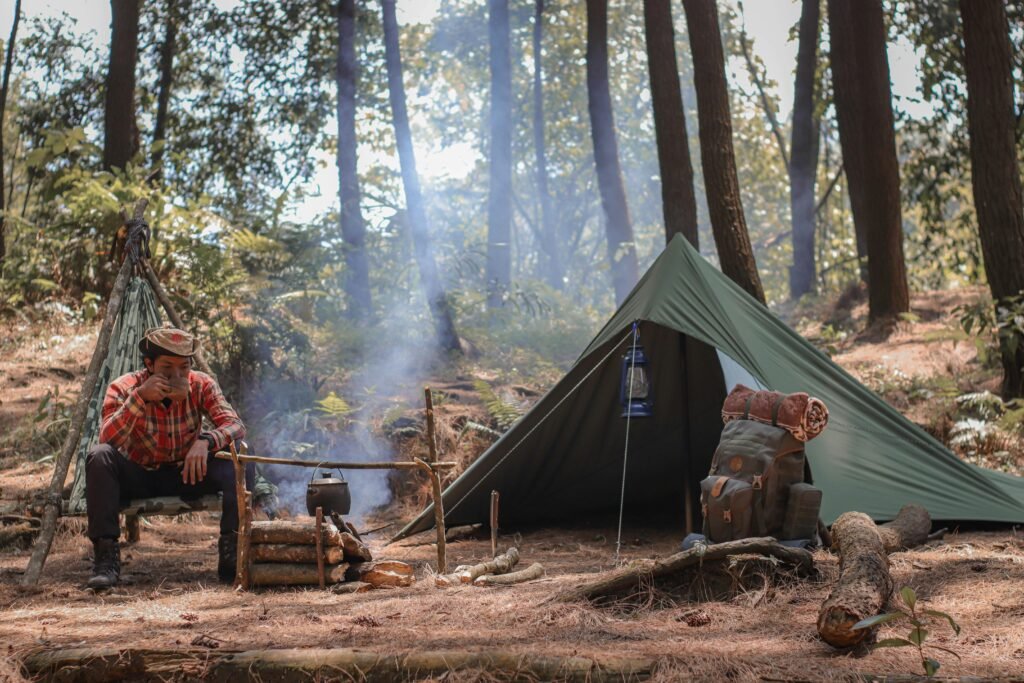
Shelter Building: Protecting Yourself from the Elements
One of the first things to consider when in the wilderness is finding or building a shelter. Exposure to the elements—whether it’s harsh sun, rain, or cold winds—can be dangerous. The ability to build a shelter using natural resources, such as a lean-to from branches or a tarp shelter, is crucial. Focus on finding a location that offers natural protection, such as beneath trees or next to a large rock.
Fire-Making: Staying Warm and Cooking Food
Fire provides warmth, a way to cook food, and a signal for rescue. Learn how to start a fire using different methods, including matches, lighters, and even friction-based techniques like the bow drill. Gather dry tinder, kindling, and fuelwood, and practice fire-building before you need it. Knowing how to manage a fire safely, especially in wet or windy conditions, is essential for survival.
Foraging and Fishing: Sourcing Food in the Wild
While it’s best to bring your own food, in survival situations, foraging and fishing can be key. Learn to identify edible plants, berries, and roots in your region, as well as how to catch fish using basic fishing tools or improvised gear. Knowing which plants are poisonous or safe to eat is a must for staying healthy in the wild.
Water Purification: Staying Hydrated Safely
Access to clean drinking water is non-negotiable for survival. You should know how to locate water sources, such as rivers, streams, and dew. However, natural water sources can often carry harmful bacteria or parasites, so purifying water is essential. Learn how to use a water filter, purification tablets, or boil water to make it safe for drinking.
Navigation: Finding Your Way
Even with modern GPS technology, it’s important to know basic navigation skills, especially if your device fails. Learn how to read a map and use a compass to determine direction. Understand how to use natural signs, such as the position of the sun or stars, to navigate your way back to safety.
Conclusion: Mastering the Essentials
Outdoor survival and wilderness skills are about preparation and respect for nature. By mastering these essentials—shelter building, fire-making, foraging, water purification, and navigation—you’re not just prepared for emergencies; you’re equipped to fully enjoy the challenges and beauty of the great outdoors. Stay calm, stay informed, and enjoy the wild!



